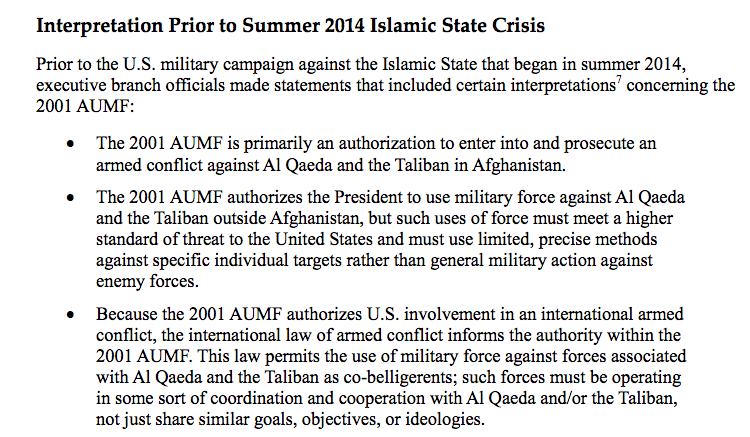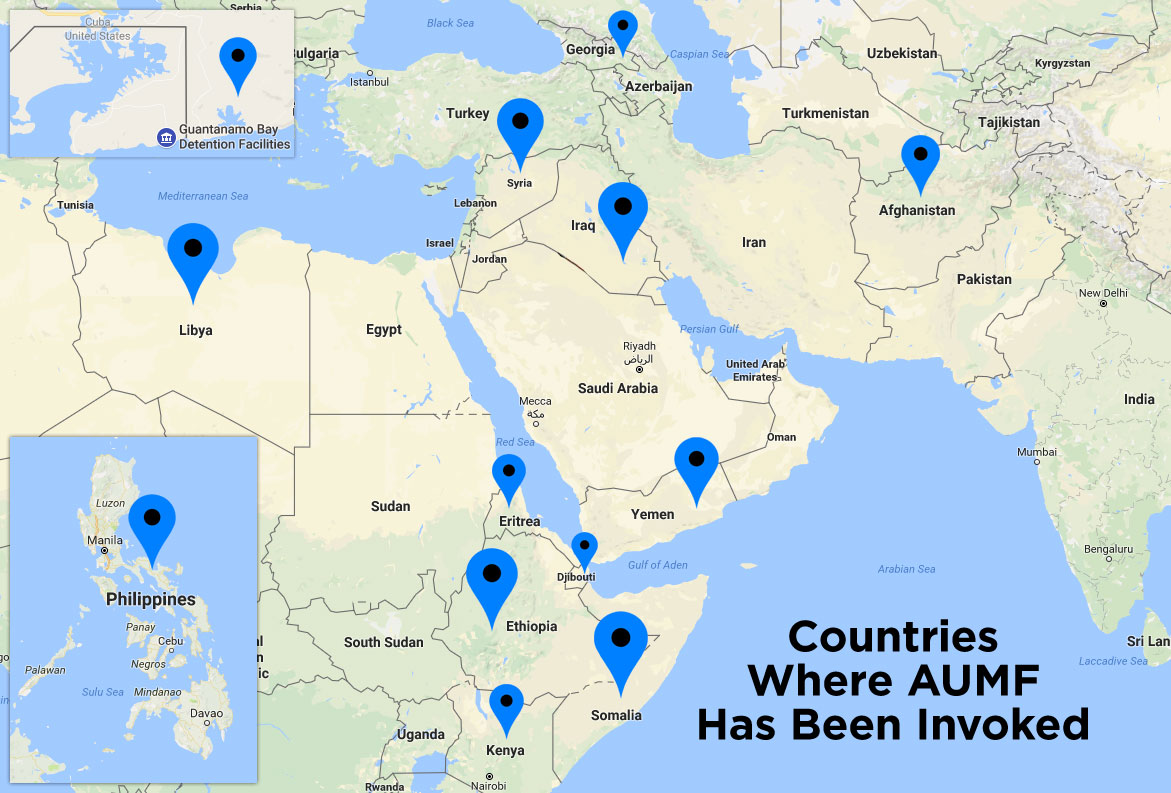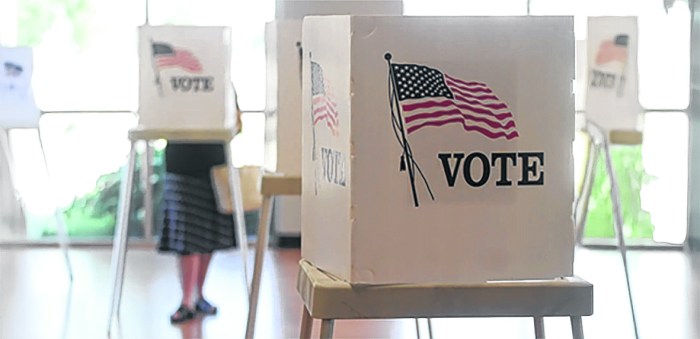Six years into the dreaded Syrian Civil War that has caused the deaths of half a million people and displaced more than 6 million, President Donald Trump Thursday night unilaterally ordered cruise missile strikes on the war-torn country, instantly escalating America’s involvement in the conflict.
Trump’s response came in the wake of a deadly gas attack that killed scores of people, including more than two dozen children. The horrific images of children being asphyxiated as a result of the bombings reportedly served as the impetus for Trump to break from his campaign pledge to keep America out of foreign wars unrelated to terrorism.
The missile strike, which took all of four minutes, could have significant implications for the United States going forward, considering the various proxy wars being fought inside Syria by the likes of Russia and Iran. But for Americans at home, the strike evokes a familiar policy pursued by U.S. presidents since the Sept. 11, 2001 attacks. Driven largely by a Congress that has abdicated its constitutional duties, President Obama bombed and mobilized U.S. Special Forces inside sovereign nations without approval from Congress, the lone branch of government empowered by the Constitution to declare war or authorize military force. Thursday’s strike put Trump on equal footing with Obama and George W. Bush before him.
The President must get Congressional approval before attacking Syria-big mistake if he does not!
— Donald J. Trump (@realDonaldTrump) August 30, 2013
Since 9/11, the United States has fought wars in seven countries. Other than Iraq, Afghanistan and Syria, Americans would be hard-pressed to identify the nations caught in America’s 16-year “War on Terror.” These include Libya, Yemen, Somalia and Pakistan.
During the Obama years, a small bipartisan group of representatives in Congress, led by Rep. Barbara Lee (D-Calif.), called on their colleagues to enact a new war authorization limited to battling the so-called Islamic State, also known as ISIS. Congress mostly shrugged, failing to even hold one floor debate on the merits of the war.
Obama, like his predecessor Bush, relied on the 2001 Authorization to Use Military Force passed six days after 9/11, which approved military action against al Qaeda. During his two terms in office, Obama used the 2001 AUMF to justify drone strikes, U.S. Special Forces raids, the targeted killing of an American citizen, and other military efforts, which opponents argue has been interpreted so broadly that it has long exceeded its legal authority.
In 2015, the non-partisan Congressional Research Service released a report examining the evolving interpretation of the AUMF prior to 2014:

To prevent presidents from usurping Congress’ authority, lawmakers passed the 1973 War Powers Resolution, which stipulates that the president pull armed forces out of a conflict in 60 days if Congress goes 30 days without providing authorization.
On Thursday night, the White House legal office reportedly justified the president’s actions under Article 2 of the Constitution, arguing that “promoting regional stability,” among other factors, gives Trump legal protection.
RELATED: The Controversial Truth Behind America’s Never-Ending War
The Syrian strike, which happened to come on the 100th anniversary of the United States’ entry into World War I, recalls Obama’s 2011 bomb raids in Libya to assist rebels in ousting dictator Muammar Gaddafi. At the time, Republicans, and some Democrats, criticized Obama for overstepping presidential authority.
Among the most outspoken critics of Congress’ unwillingness to accept its constitutional responsibility and authorize or declare war is Lee, the congresswoman from California.
“The American people and Congress deserve to know what’s being done in their name,” Lee told the Press last year last year. “Sadly Congress has been missing in action. It’s unacceptable that our brave servicemen and women are facing snipers and mortar rounds, but Congress can’t even muster the courage to debate the war that we are asking them now to continue to fight—it’s just plain wrong.”
Obama’s repeated use of the 2001 AUMF amid America’s seemingly endless wars inspired U.S. Army Captain Nathan Smith last year to sue Obama on the grounds that the ISIS war is illegal without congressional authorization. The suit was later rejected.

The debate over war authority has largely focused on constitutional authority rather than the merits of specific wars. Some members of Congress woke up Friday morning after watching reality war theater play out on prime-time television and called on Trump to seek congressional approval. Constitutional scholars echoed those calls.
“In order to ensure that war powers are exercised with wisdom, restraint, and popular approval, our Constitution assigns to Congress its most important and fundamental responsibility: to ‘declare War’ by specifying enemies, defining clear objectives, and setting limits that keep the executive’s power as commander in chief within bounds,” said Hina Shamsi, director of the ACLU National Security Project. “This fundamental principle of separation of powers lies at the core of the Constitution and is the foundation of our democratic form of government.”
Syria chemical attacks were horrendous. Yet our response can’t violate Constitution, which requires Congress’ approval for military force.
— ACLU National (@ACLU) April 7, 2017
Whether Trump seeks authorization from Congress, or if America’s representatives find it within themselves to act on their own, will likely depend on the administration’s plan moving forward. Was this a one-time response to ostensibly show America means business, or will the White House direct further military action at the Syrian government?
On Friday, U.S. Ambassador to the United Nations Nikki Haley warned that Thursday’s strikes might not be the last.
“The United States took a very measured step last night. We are prepared to do more, but we hope that will not be necessary,” she said.
If the administration lives up to its warning, the calls for Congress to either declare war or authorization military action may become more emphatic.
Even if Congress does act, it would likely choose the latter option. America has not formally declared war since World War II. The Vietnam War was validated by the Gulf of Tonkin Resolution, which Congress passed on Aug. 7, 1964. In order to justify military action in Korea, President Harry Truman bypassed Congress entirely, instead, relying on permission granted by the United Nations Security Council.
“Absent a sudden attack on the United States that requires a president to take immediate action to repel the attack, no president has the power under the Constitution to decide unilaterally to take the United States into war,” the ACLU’s Shamsi said. “Unilateral military action was unlawful when President Obama did it, and it’s unlawful now.”
Is Congress listening?
(Featured photo credit: Department of Defense)


































